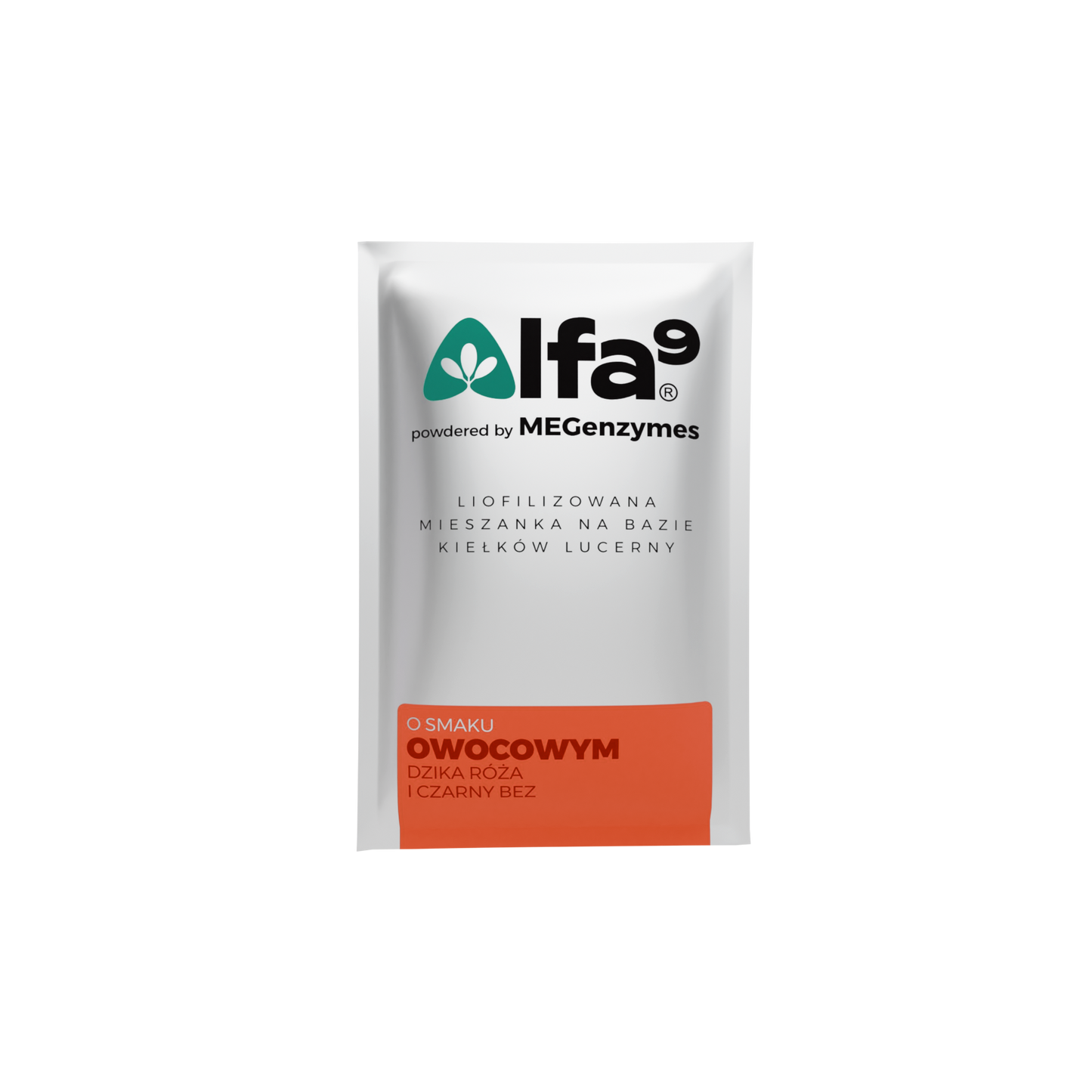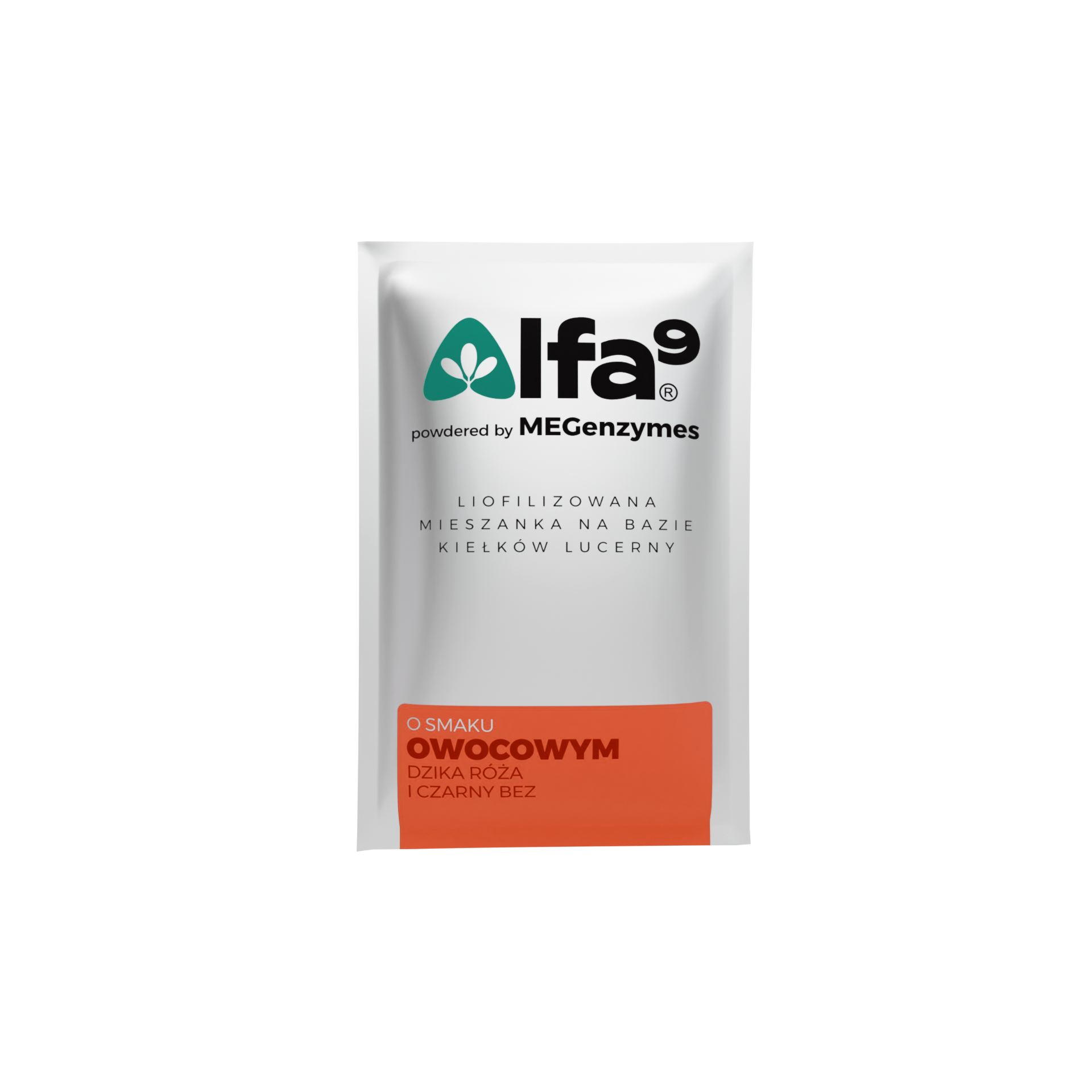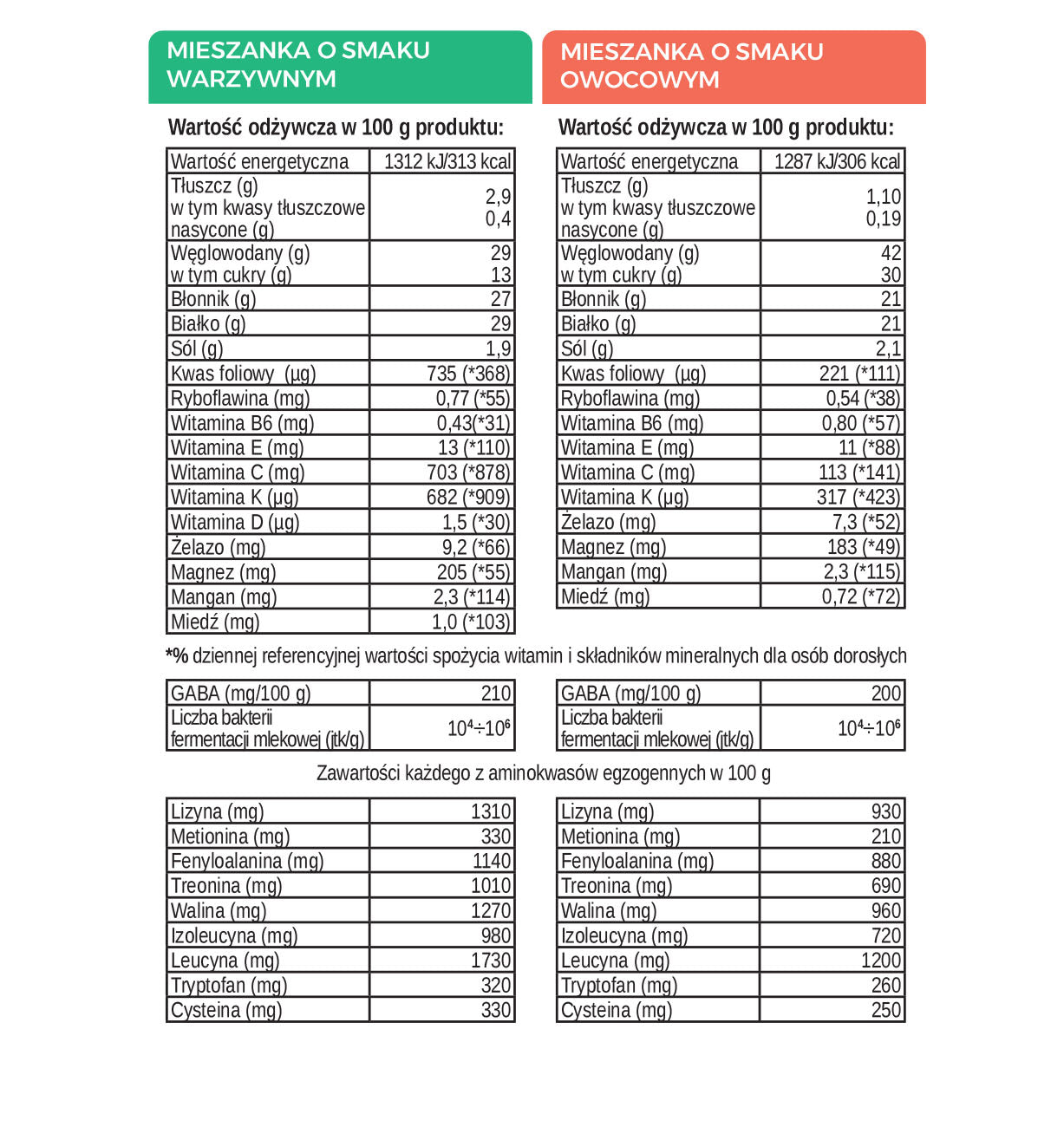




GABA
GABA, or gamma-aminobutyric acid, is a neurotransmitter found naturally in human and animal bodies. It is one of the main chemicals in the brain that acts as an inhibitor, a substance that reduces the excitability of nerve cells. GABA helps regulate neuronal activity, affecting functions such as relaxation, sleep, and emotional balance.

Levilactobacillus brevis bacteria
Lactic acid bacteria, including L. brevis, are often considered probiotics, which means they can provide health benefits to the host, especially to the health of the digestive system. By maintaining a healthy balance of gut microflora, probiotics can support digestion and nutrient absorption.

B vitamins
B vitamins are important dietary components that play a key role in many of the body's metabolic processes. It is worth noting that B vitamins are water-soluble, which means that they are not stored in the body, so it is important to regularly consume foods rich in these vitamins. Supplementation may be recommended, especially for people with specific dietary needs, such as those on vegetarian or vegan diets.

Protein
Protein is one of the three basic macronutrients, along with carbohydrates and fats. It is crucial for maintaining health and body function. It's important to make sure you get the right amount of protein in your diet, especially for physically active people, athletes, children during growth, the elderly and people increasing muscle mass.

Vitamins A, D, E and K
Vitamins A, D, E and K are so-called fat-soluble vitamins, meaning they are stored in the body's fatty tissues. They perform key functions in maintaining health, from cell growth to supporting the immune system.

Vitamin C
Vitamin C, also known as ascorbic acid, is water-soluble and has a number of important functions in the body. It is an antioxidant vitamin, meaning that it helps neutralize free radicals and protects cells from damage. In addition, vitamin C is essential for the synthesis of collagen, which is an important structural component of skin, bones, blood vessels, tendons and ligaments.

BCAA
BCAAs (short for Branched-Chain Amino Acids) are a group of three important essential amino acids, meaning that the body cannot synthesize them on its own, so they must be supplied with food. The bioactive substances of BCAAs refer to the health benefits and effects they can have on the body, especially in the context of exercise and building muscle mass. BCAAs are particularly important for processes related to muscle building and repair. They influence protein synthesis, which can contribute to increased muscle mass.

Exogenous amino acids
Sources of essential amino acids are found in a variety of foods, including meat, fish, eggs, dairy, nuts, seeds and some legumes. A balanced diet provides the body with all essential amino acids, which is important for maintaining health and normal metabolic function.

Fiber
Fiber, also known as dietary fiber, is an extremely important dietary component with numerous health benefits. Fiber is divided into two main categories: water-soluble fiber and water-insoluble fiber. Consuming fiber can help control weight by making you feel satiated, which reduces the risk of overeating. It supports heart health by controlling cholesterol, blood pressure and reducing inflammation.

Magnesium
Magnesium plays an important role in the functioning of the nervous system. It helps conduct nerve impulses and regulates the electrical activity of nerve cells. It is essential for proper contraction and diastole of muscles, including the heart. Magnesium affects the conduction of nerve impulses to muscles, which is crucial for muscle function. Magnesium is important for bone health, as it is involved in bone mineralization. It helps maintain the balance between calcium and phosphorus, which affects bone mineral density.

Manganese
Manganese is involved in energy metabolism processes, including carbohydrate and amino acid metabolism. It interacts with many enzymes involved in these processes. Manganese plays a role in the formation and maintenance of healthy bone tissue. It is involved in bone mineralization processes, which affects bone structure and density. Manganese plays a role in immune system function, supporting the body's ability to fight infection and disease

Copper
Copper is a trace element that plays an important role in many biological processes. Copper is essential for the process of hematopoiesis, or the production of red blood cells. These blood cells are responsible for transporting oxygen to cells and tissues. Copper is involved in the functioning of the immune system, supporting the body's ability to fight infection and disease. Copper acts as a cofactor for many enzymes involved in metabolic processes, including carbohydrate and lipid metabolism.







